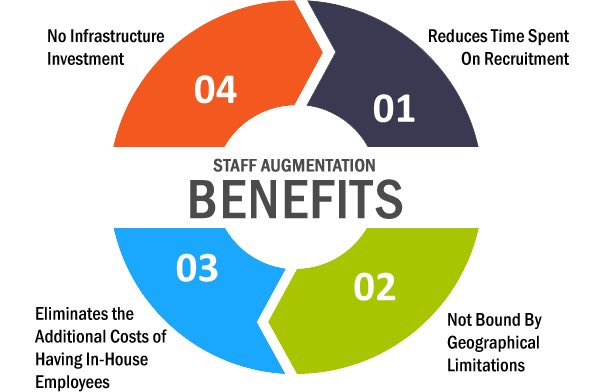Decentralized staffing is proving to be an effective technique for conducting more personalized and human-centered recruitment processes.
Centralized vs Decentralized Staffing
To deal with innovation and constantly changing needs, an increasing number of firms have changed their management styles in the recent decade. This rule applies to human resources management as well.
Career development, employer branding, promotions, transfers, and compensations are some of the additional decentralized staffing responsibilities that benefit from this approach.
Understanding an organization’s structure is critical to comprehending its decision-making process and leadership style.
This post will compare and contrast the benefits and drawbacks of centralized and decentralized staffing methods. As well as discuss our personal findings and conclusions.
Centralized Staffing Models
Staffing is typically centralized in firms where the highest executive level is in charge of all decisions and processes.
The senior managers ensure that all corporate collaborators obey the organization’s rules at every level of the hierarchical scale by aligning these functions with the chain of command and processes.
According to the company’s headcount and budget projections, Human Resources management is in charge of all career development, training, transfer, promotions, and compensation decisions.
The Human Resources or Talent Acquisition leader is in charge of examining each job title, description, and requirements when it comes to centralized hiring.
Additionally, according to the protocols and established standards for obtaining the required talent.
Decentralized Staffing Models
Other organizations, often known as horizontal organizations, do not have the pyramidal structure found in more traditional, centralized management models.
The functions of this sort of organization are defined by the roles that people play, rather than by hierarchies. As a result, intermediate management levels are essentially non-existent, and enormous teams frequently report to a single individual.
Start-ups are a good example of this technique. The horizontal system improves team communication and commitment while also allowing for rapid product or service delivery.

Decentralization Benefits and Disadvantages
Delegation of decision-making power promotes autonomy in decision-making.
At Bondy, we work together to set goals and develop strategies. Our collaborators, on the other hand, do not need to seek permission for their daily decisions. Our employees are encouraged to make decisions about the steps to take in order to attain the desired results. Decentralization has the benefit of encouraging creativity, diversity, and managerial development. The workplace becomes a happy place where everyone is valued and appreciated for their contributions.
Promoting two-way collaboration is a win-win situation.
Our experience shows that having a high level of autonomy in our daily decisions is only achievable when we promote two-way communication. The foundations for decentralization personnel must be strong: clarity about the objectives, empathy, trust, respect, and a willingness to collaborate. A leadership style that ensures support and guidance, on the other hand, is critical in bringing out the best in each team member.
There is a common misconception that decentralization leads to chaos.
The truth is that the drawbacks of decentralization frequently manifest themselves when leadership and collaborators fail to build the previously outlined virtuous circle. Anarchy emerges as a result of a lack of coordination – leading to inefficient and expensive operations. In any event, the risk of implementing decentralization is not being able to find partners who are compatible with the company’s culture.
External Recruiting vs Internal Recruiting
We provide both internal and external recruiting services at Bondy Group. All of our staffing tasks are approached in the same way by our team. We prioritize human attributes before moving on to technical abilities, whether we’re performing RPOs, recruiting, or consulting services. Healthy and transparent teams, in our opinion, can only exist when each individual’s culture is aligned with the organization’s and promotes respect, equality, empathy, and teamwork.
Conclusion on Decentralized Staffing
Decentralized staffing is a natural result of a more holistic approach to work. Which aims to create more productive and enjoyable workplaces.
Decentralized recruiting can also give more customized and in-depth hiring processes that are founded in the company’s culture, values, and dynamics.




